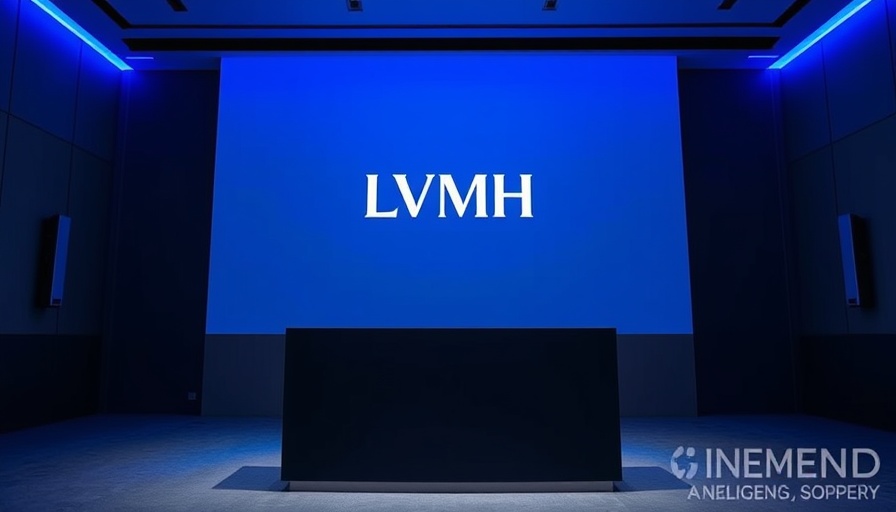
Accountability in the Workplace: A Lesson from Hochul's Administration
In the wake of troubling allegations surrounding former press secretary Avi Small, New York Governor Kathy Hochul's defense of her administration's response shines a spotlight on how workplaces handle toxicity and harassment. Hochul asserts that the system has reflected necessary changes, a point she elaborates on during press interactions. Yet, while some may commend her for recognizing the issues, others have raised eyebrows at the handling of Small's past allegations.
Understanding Hochul's Position on Workplace Culture
Hochul came into power in 2021 after the resignation of former Governor Andrew Cuomo amidst multiple scandals, primarily revolving around sexual harassment. From the outset, Hochul vowed to foster a different environment—one devoid of toxic practices. She believes that by addressing complaints as they arise, her administration is setting a precedent for accountability, arguing that the system is effectively working.
The Impact of Past Allegations: Lessons Learned
The historical context is imperative, particularly as Small faced past allegations where he allegedly locked a staff member in a closet, only to remain in his role after an external investigation. This raises questions about how thoroughly complaints are investigated and whether adequate consequences are enforced. Critics argue that Hochul's administration must prioritize transparency and consistency when mishandling arises. The repercussions of this leadership style go beyond political optics; they affect workplace mental health, staff morale, and organizational productivity.
A Cultural Shift: From Silence to Accountability
In framing the narrative of accountability, Hochul has sparked a dialogue about how workplaces can evolve to be more inclusive and responsive to harassment claims. Employees today are more empowered to report misconduct than in past decades, reflecting a societal shift that champions inclusivity. However, simply stating that a transformation has occurred is not enough; there needs to be visible change in policy and practice.
Reactions to the Handling of Complaints
Critics and supporters diverge in their assessments of Hochul's defense. Supporters argue that she is attempting to navigate a complex environment where past leaders have failed. Detractors highlight the need for stronger measures and more immediate reactions to misconduct allegations. This duality encapsulates the broader tension within workplaces today—a struggle to balance addressing misconduct head-on while also protecting employees and maintaining a functional work environment.
Moving Toward a Healthier Work Environment
As conversations around toxic workplace culture gain traction, the importance of support structures also comes to light. Policies that foster an inclusive environment, provide mental health resources, and ensure robust reporting mechanisms are critical. Hochul's experience is just one of many that highlight how organizations can either fall into old patterns or champion new changes to ensure the wellbeing of their employees.
As workplace dynamics continue to evolve, all employees—regardless of their organization—should advocate for transparency and accountability. It is crucial for staff at all levels to feel safe and supported in their environment. The system only improves when every individual holds it accountable.
Take Action: Support Workplace Safety Initiatives
Ultimately, employees and employers alike should champion systemic changes for a healthier work environment. By advocating for supportive policies and practices, the chance to foster positivity in workplaces increases. As we assess cases like Hochul's, let's come together to push for a future where harassment is no longer tolerated and transparency reigns.
 Add Row
Add Row  Add
Add 




 Add Row
Add Row  Add
Add 

Write A Comment